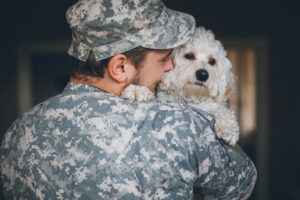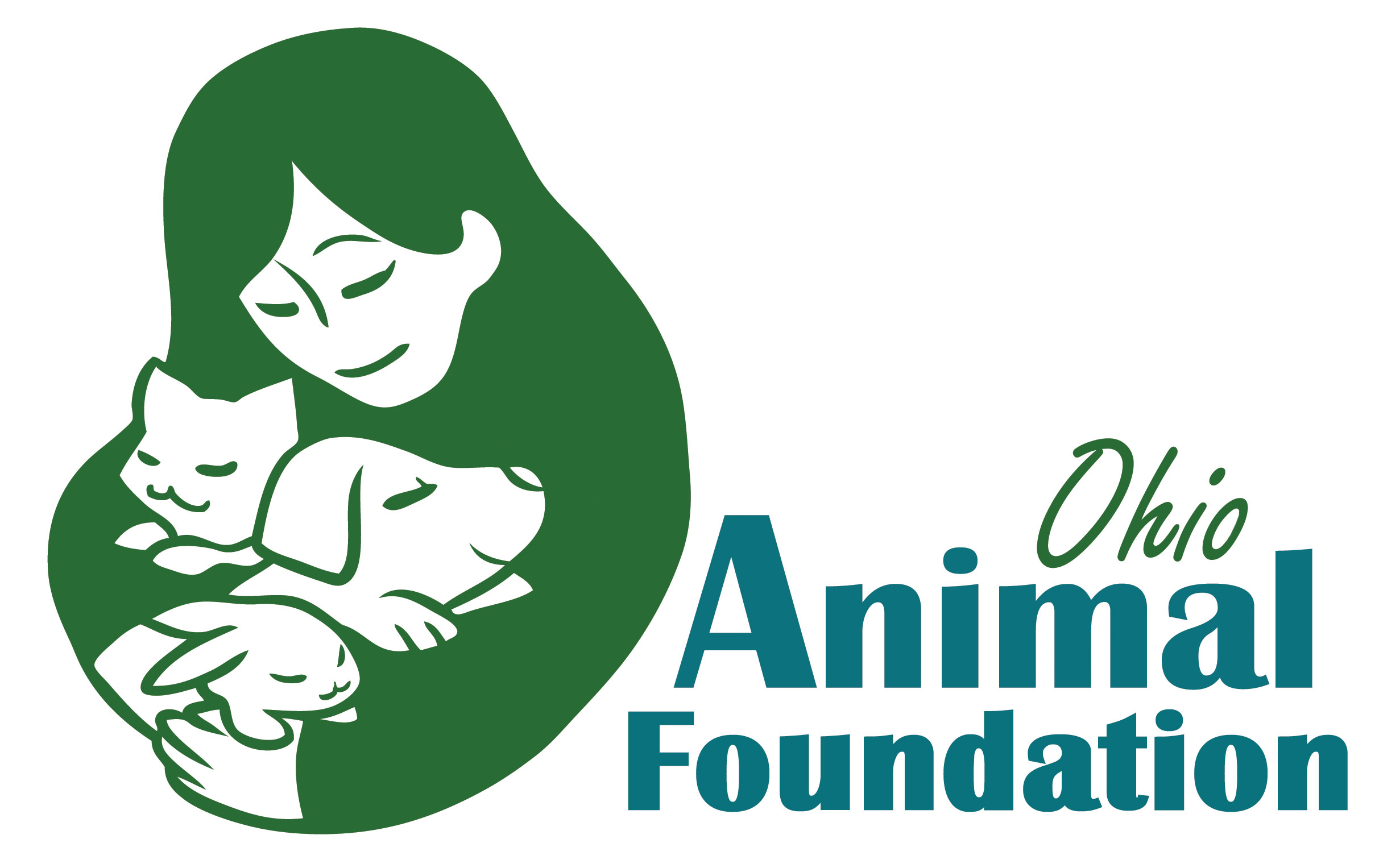
Typically, when you are leaving to go on vacation or need to take time away from home and cannot take your pet with you, there are plenty of options for boarding or in-home pet sitting to ensure your pet is well taken care of in your absence.
Other times, pet owners face more unique circumstances that call for them to be away for longer periods of time, such as when owners are in the military and need to be away from their pet for months or years at a time.
Dogs on Deployment (DoD) is a national 501(c)3 that was founded in 2011 and finds volunteers to take care of pets of “active duty military, reservists, honorably discharged veterans, first responders and their families.” This allows service members to keep their animals during a time of unpreventable hardship or service commitment, says its website, https://www.dogsondeployment.org. Both dogs and cats in need of boarding are listed on their website.
As someone with pets who has been in the U.S. Army, Ohio Animal Foundation board member April Tully could relate to this situation where you need someone trustworthy to watch after your pet while you are away. When she saw a social media post about a soldier with a pet in need, it motivated her to get involved with the program.
“It is something I can understand and empathize with, so I went to their website to learn more about it and ended up becoming involved,” April says.
Though she had her mom watch her cat while she was away, April said the situation, while convenient, was not ideal because her mom does not like cats. With Dogs on Deployment, owners can select a boarder who is a good fit for their pet.
Since she has become involved with the non-profit in 2014, April has noticed the volunteer process has become more extensive over the years. Initially the process involved registering online and answering several questions.
“If you have pets, you have to provide their vet records. If you don’t own your home you have
to provide evidence that the pets are allowed to be where you live,” she explained as some examples of the questions a volunteer may see when registering.
Once a pet owner and volunteer are matched up, a meet-and-greet takes place to make sure the home is a good fit for the foster pet, and the parent feels comfortable leaving their pet in that environment. “I have other animals so I have to consider their interactions as well. My pets are used to other animals but if the foster pet isn’t used to cats and dogs, they may not integrate well into the family,” April said. “Then the pet owner goes over everything about their pet that we should know. Our last guest was a cord chewer so his owner provided metal mesh cord covers to protect our electronics.”
As to how quickly the animal adjusts to his or her new living environment, that depends on many factors, such as how similar (or not) their temporary home is to their owner’s home. “If the environment is very similar to their previous home, the adjustment time is shorter. If the pet is highly adaptable, the period can be shorter,” she said.
For example, her first foster was a very social cat, and so getting along with April’s cats was fine, but the cat was not used to dogs. She said it took him about two days to adjust, while her second foster kitty took about two weeks to adjust because while the cat was social, he came from a solitary environment and was not used to having two dogs and a cat around.
According to the Dogs on Deployment website, the nonprofit’s beginnings were borne out of necessity. Co-founder Alisa Johnson, also listed as DoD’s president, and her husband faced military assignments but needed someone to care for their Australian Shepherd. While they eventually found someone to take care of their dog, it made them wonder how many other military families dealt with the same issue.
From the DoD website: “Recognizing the sacrifices made by those who serve our nation, our organization was born out of the desire to provide assistance, resources and a sense of community to military families and their furry friends. Over the years, our commitment has grown stronger, as has our impact. We have proudly facilitated pet care arrangements, emergency assistance, foster placements and reunifications for countless military families across the nation.”
April says the most rewarding part is being able to help someone in need that may have to otherwise surrender their pet to a shelter.
“You love those pets while you have them. It’s like loving your nieces and nephews. They aren’t yours – they have a home. It doesn’t mean you can’t love them,” she said.
